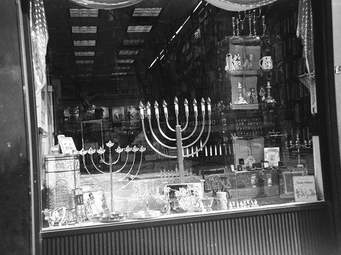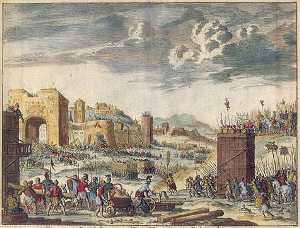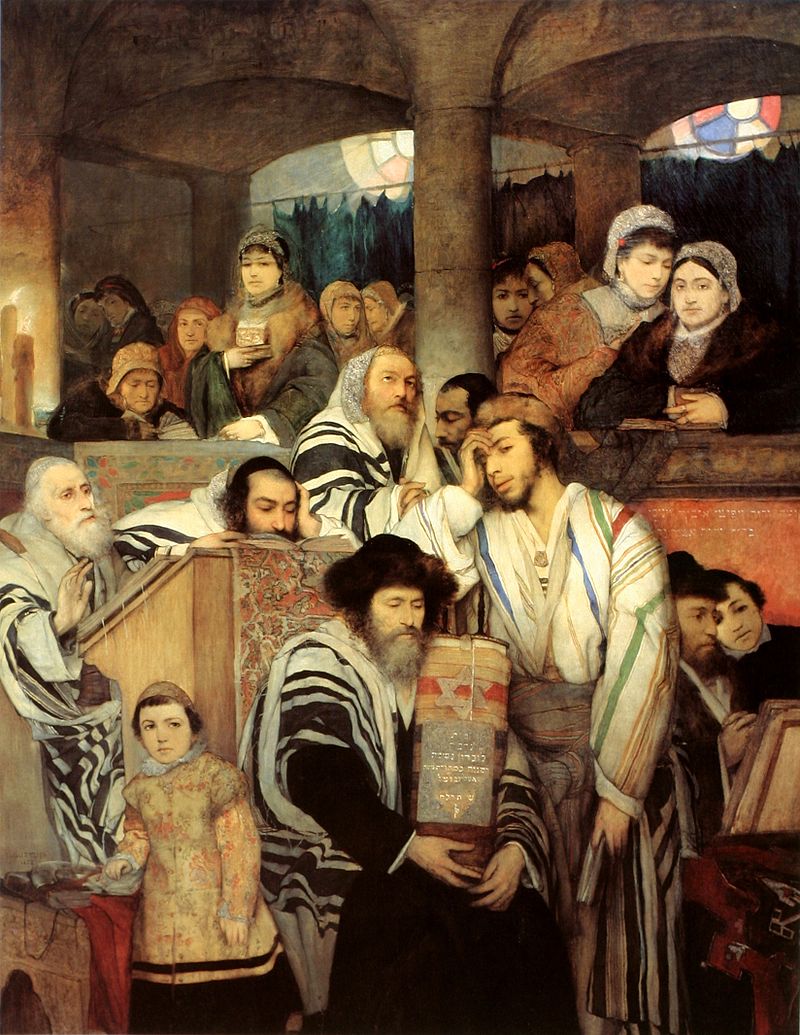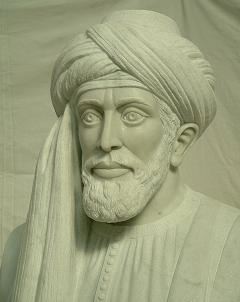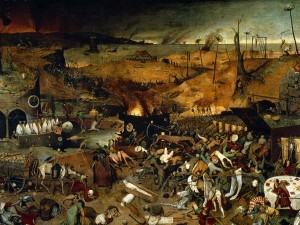
The medieval world was terribly superstitious. Christian Europe was steeply entrenched in belief in witches, witchcraft, demons and evil spirits – and they believed that the evil powers could be brought into being and then harm others simply by thinking them. This led to accusations against the Jews such as “host desecration.” “Desecrating the host” means stealing the holy bread, the wafers, of the communion of the Church.
Throughout the history of the Jews in Europe, from about 1250 onward, pogroms happened on a regular basis for the sin of desecrating the host. And many Jews, under torture, confessed and implicated other Jews. (In medieval Europe a confession wasn’t considered authentic unless the accused was tortured. Thus extracted, anybody could be made to confess anything. It, therefore, went on without an end: one person accusing another to end their torture.)
They insisted that the Jews return the desecrated host. Of course, if there never was one to begin with how does one return it?
Another popular accusation was that Jews poisoned the wells. This accusation gained widespread acceptance when the Black Death, the bubonic plague, wracked Europe in the 1300s.
There were two forms of the plague: one spread by the fleas while another was a virus in the air. The idea that fleas or an airborne virus carried the plague was beyond the understanding of fourteenth century Europeans. Somebody had to be doing it. The scapegoat naturally became the Jews. How did the Jews do it? They poisoned the wells.
How did they know this? They tortured Jews until they confessed.
To protect themselves from Jews poisoning the wells, Christians set up guards around the wells… but the plague continued. If the wells were guarded, how did the Jews poison them? (That option that the Jews were not poisoning the wells was not considered.) They concluded that the Jews did it through Jewish thoughts or prayers.
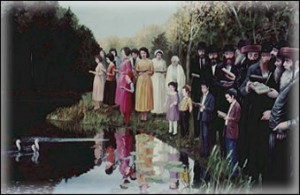
We find echoes of the Black Death in Jewish custom and law even today. For instance, Jews have an old custom on the first day of Rosh Hashannah to go to a body of water, recite some prayers and symbolically cast one’s sins into the sea. Jewish law says one must go to a body of water which is outside the town. Many commentators say that in the time of the Black Death the custom became to do it at a private well or outside the city, not at a public well or inside the city, to reduce the chance of the Christians accusing the Jews of poisoning the well or, later, cursing the waters through magic incantations.
Once the Jews were accused of poisoning the wells, a wave of pogroms ensued. In January 1349, the entire Jewish community in the city of Basel was burned at the stake. The Jewish communities of Freiburg, Augsburg, Nurnberg, Munich, Konigsberg, Regensburg, and other centers, all were either exiled or burned. In Worms, in March 1349, the entire Jewish community committed suicide. In Cologne, the Jews were forced to flee.
In Mainz, which had the largest Jewish community in Europe, the Jews defended themselves against the mob and killed over 200 Christians. Then the Christians came to take revenge. On one day alone, on August 24, 1349, they killed 6,000 Jews in Mainz.
Of the 3,000 Jews in Erfurt, none survived the attack of the Christian mobs. By 1350, those Jews that survived the Black Death itself were destroyed by the ravages of the mobs. The Jewish communities in Antwerp and Brussels were entirely exterminated in 1350. There were almost no Jews left in Germany or the Low Countries by 1351.


